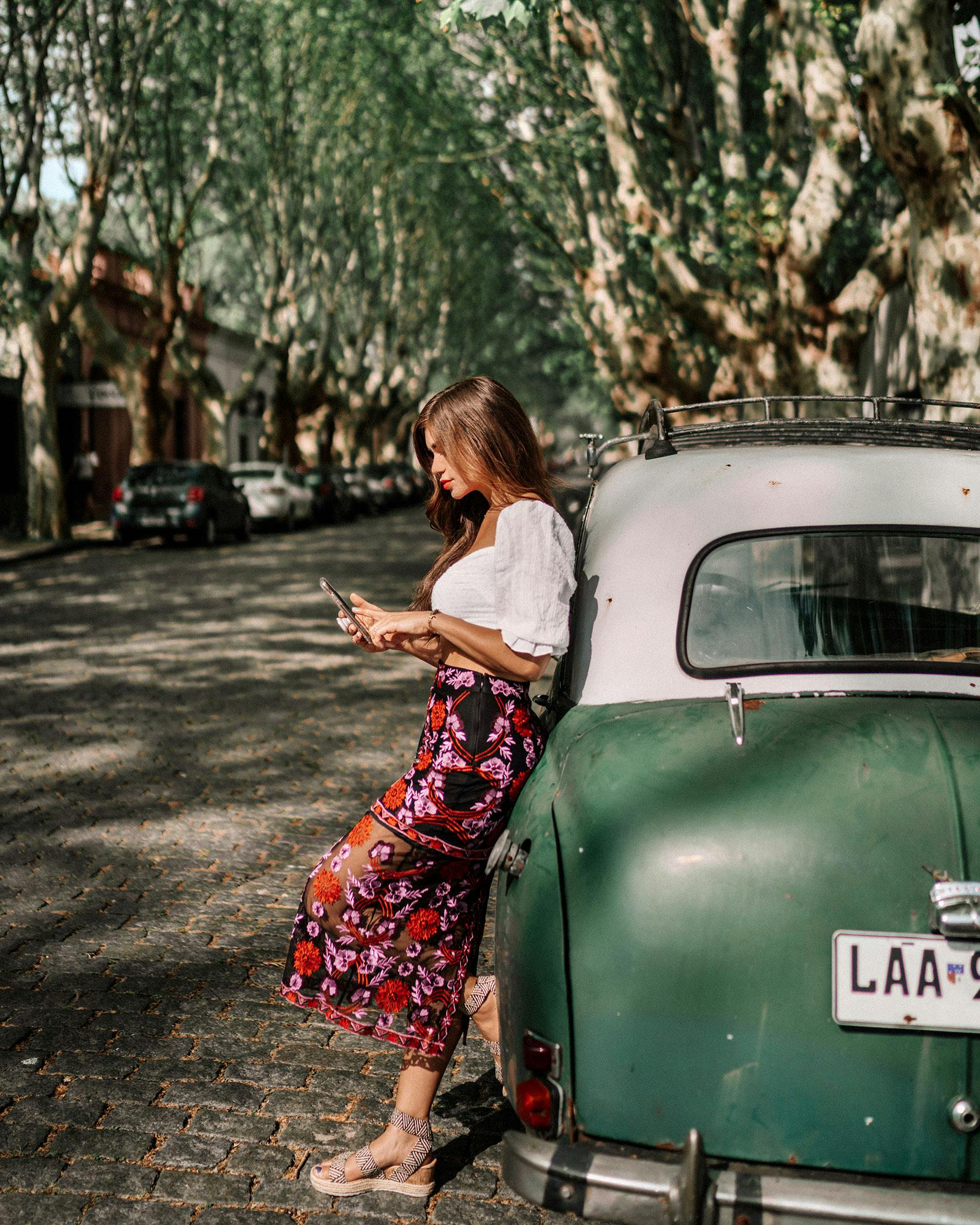The Complete Study Abroad Guide - Budgeting, Packing, and Thriving Overseas
Stepping into a study abroad program is like boarding a high-speed train - thrilling, slightly disorienting, and moving faster than you expect. Balancing coursework, travel, friendships, and the inevitable pangs of homesickness requires more than luck; it demands strategy. From choosing the right program to budgeting for weekend excursions and navigating cultural nuances, the details matter. What follows is a refined blueprint for studying abroad in 2025 - informed by the insight of seasoned travelers, program advisors, and locals who know what truly shapes a meaningful experience.


Prepare Before You Go
The groundwork you lay before departure shapes your experience more than you think. From visas and insurance to housing logistics, getting organized early spares you from the stress that can cloud your first few weeks abroad. Research your host country thoroughly - transportation systems, cultural norms, and cost-of-living basics - so you’re not learning everything the hard way.
Quick checklist:
- Secure your student visa and any travel documentation at least 3 months in advance
- Finalize housing - on-campus or off-campus - and understand lease terms
- Purchase travel and health insurance that covers international care
- Research basic phrases in the local language and download translation apps
Read my guide on everything you need to do before an international trip here.
Balance Study and Exploration
It’s tempting to treat study abroad as a year-long vacation, but striking a balance ensures you don’t fall behind academically while still collecting experiences worth remembering. Map out your class schedule and major assignments early so you can plan travel without sacrificing grades or sleep. If deadlines start to pile up or unexpected commitments arise, students sometimes turn to reputable online services to write a paper for me, freeing up evenings for language exchanges, cultural events, or weekend trips without compromising their academic standing.
Key strategies:
- Create a calendar for classes, deadlines, and travel weekends
- Set realistic academic goals - prioritize attendance and participation
- Use campus resources like tutoring or study groups when needed
- Plan trips during long weekends or academic breaks to minimize conflicts


Budget Smartly
Between flights, weekend trips, and the daily costs of living, expenses add up fast. A realistic budget - and the discipline to stick to it - is what makes spontaneous adventures possible without the shadow of financial stress.
Budgeting essentials:
- Track your spending with apps like Revolut or Wise for international expenses
- Cook at home a few nights a week instead of eating out
- Take advantage of student discounts on trains, museums, and events
- Keep an emergency fund for unexpected expenses
Stay Safe and Connected
Adventure is part of the appeal, but so is returning home with good stories instead of cautionary tales. Staying aware of your surroundings and maintaining a communication plan with family and friends keeps you grounded and safe.
Safety reminders:
- Keep digital copies of passports, visas, and ID in cloud storage
- Share your travel plans with someone you trust before each trip
- Use local SIM cards or eSIMs for reliable communication
- Avoid isolated areas at night, especially when traveling solo
Read my guide to the best travel apps here.


Immerse Yourself in the Culture
Cultural immersion starts with curiosity and humility. Learn basic greetings and gestures before you arrive - it opens doors faster than you think. Observe before acting in unfamiliar settings, whether at a family meal in Spain or a market in Vietnam.
Join local clubs or intramural groups to meet people beyond the classroom. Bring small, thoughtful gifts from home - postcards, regional snacks - when visiting someone’s home. Respect local customs, from dress codes at religious sites to privacy norms around photography.
Listen more than you talk. The culture isn’t a backdrop; it’s the teacher. The more you engage with respect, the deeper and more authentic your experience will be.
Bring It Home
Coming home can be as jarring as leaving. Reverse culture shock is real, and reintegration takes time. Ease the transition by staying connected to what you learned - cook a dish you loved, keep speaking the language, or mentor future students preparing to study abroad.
Update your résumé while memories are fresh. Document group projects, fieldwork, and volunteer experiences before details fade. Those experiences will become valuable assets in both academic and professional contexts.





